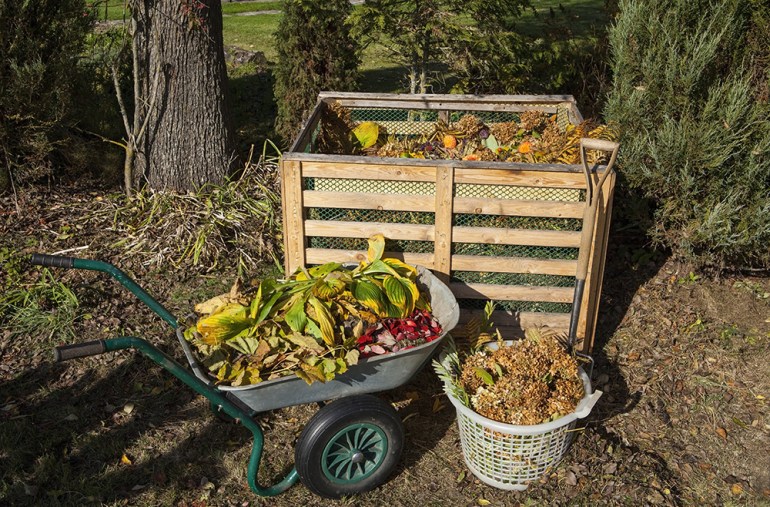Organising waste at home can prove a challenge. It’s something we all generate, and while many of us are taking steps to reduce the amount of waste we produce, it can still be hard to manage what we do effectively.
There are so many different ways that waste is produced, and therefore different ways of dealing with it. Today we wanted to take a look at some of the different ways of dealing with waste at home, some of which can be cleverly incorporated into the design of your home to make them look more aesthetics pleasing.
With this in mind, we have highlighted some of the most common types of waste generated within the home. Including a number tips on how to deal with it.
Kitchen and household waste
For many of us, the most waste we produce is generated within our kitchen. This could be food waste, or the associated packaging which comes with it. One of the positive steps taken in recent years is the improved information about recycling, which has had a big impact on how food packaging is disposed of.

From an interior design point of view, it’s not often you hear or read about bins, but they play a key role in room design, especially for your kitchen. There are lots of creative and clever things you can do with your bins that will allow them to be functional while also fitting in with your kitchen design.
The thing to remember is that you can effectively hide your bins by keeping them in mind from the beginning of your design process. In your kitchen you can designate one of your floor cabinets to be used for the bin. Inside you can have fitted a dual bin systems that easily separates your waste into general and recycling. For other rooms, you can always put smaller bins under side tables, this also stops them from standing out.
Garden waste
Until you have a garden, you never really understand how much waste can be generated from it. Even if the only thing you have in your garden is some grass, the cuttings from this alone generate a considerable amount of waste each month. Thanks to garden waste bins, there is now a solution to this. However, there is another option. Creating your own compost bin and then using that compost for other uses around your garden, such as helping flowerbeds and plants.

When you see garden compost bins, they are not the most attractive items. To help incorporate them into your garden so they won’t stand out as much, there are two things to remember. Placement is critical, and you can build around them. By placing a compost bin in a corner or up against an existing structure such as a shed, you are helping it not to stand out as much. Building on this, you can add plants around your compost bin to help it blend into your garden.
Waste from renovations
Renovating a house can create huge amounts of waste, and dealing with this can be a challenge. While it may not be the most aesthetically pleasing, a skip is, without a doubt, the most effective way of dealing with this type of waste. The kind of waste generated from projects like installing a new kitchen or bathroom can be large and hard to deal with. Hiring a skip allows you to quickly contain and then dispose of this waste in the safest possible way. Working with a skip hire provider should allow you to dispose of waste with confidence knowing they will be able to handle moving the skip when needed.
Hopefully, the points highlighted above show that dealing with waste at home, while sometimes challenging, does have simple solutions that can really make a difference. Dealing with waste responsibly is beneficial to everyone, and doing things like recycling and composting can really help reduce your environmental impact.
This article was written in collaboration with JBM Environmental Services, an award-winning waste management company based in the North East.





